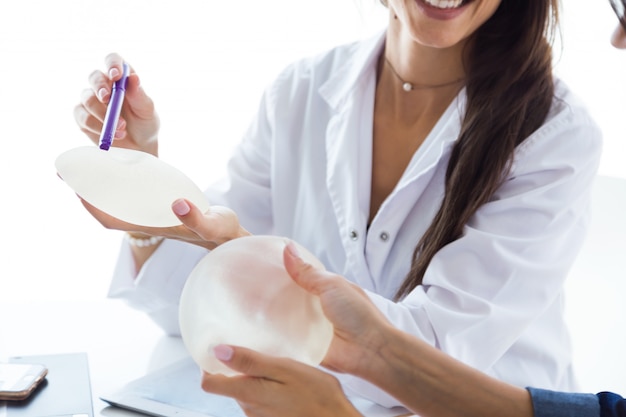
### Vitamin D Deficiency: A Potential Risk for Premenopausal Breast Cancer
A recent study published in the *American Journal of Clinical Nutrition* suggests that a lack of vitamin D could significantly increase the risk of premenopausal breast cancer in women. Researchers found that women in Saudi Arabia, in particular, face six times the risk of developing breast cancer compared to others, largely due to their low levels of vitamin D. To address this issue, scientists are urging women to maintain adequate vitamin D levels as a preventive measure against this potentially life-threatening disease. The study analyzed data from 120 different case studies, finding that women in Saudi Arabia had, on average, vitamin D levels below 25 nanomoles per liter—a threshold tied to a markedly higher risk of invasive breast cancer.
### The Link Between an Indoor Lifestyle and Low Vitamin D
Though women in Saudi Arabia are exposed to high levels of ultraviolet rays due to the region’s climate, the study revealed some surprising findings: their vitamin D levels are some of the lowest globally. This is largely attributed to indoor living, cultural practices involving full-body coverings, and dietary limitations. The research showed that average vitamin D concentrations in breast cancer patients were as low as 9.4 nanograms per milliliter. Experts point out that women need levels closer to 50 nanomoles per liter or higher to significantly lower their breast cancer risk.
### Health Risks Tied to Vitamin D Deficiency
The issue extends beyond Saudi Arabia. Perry Holman, Executive Director of the Vitamin D Society, noted that improving vitamin D levels could sharply reduce breast cancer cases among Canadian women as well. While the body’s natural source of vitamin D is sunlight, certain foods like salmon and mushrooms also provide small amounts. Fortified products like cereals, juices, margarine, and dairy items can add to vitamin D intake, though not always in sufficient quantities. Health professionals recommend regular, safe sun exposure as one of the most effective ways to maintain healthy levels.
### Vitamin D’s Role in Cancer Prevention
In a study involving 600 women diagnosed with breast cancer, researchers found that vitamin D levels were particularly low in the months preceding diagnosis. Significant drops in vitamin D levels over a short period could even trigger the development and rapid growth of tumors, underscoring the importance of consistent levels. Research published in *Cancer Causes & Control* also highlighted a heightened risk of tumor development when vitamin D levels dip sharply within 90 days of diagnosis. Other studies noted that calcium-sensing receptors—found not only in the breast but also in areas like the colon and kidneys—play a critical role in regulating calcium levels and may further influence cancer risk.
### Broader Health Implications of Vitamin D Deficiency
While breast cancer remains a significant concern, insufficient vitamin D has been linked to other health risks in women. During pregnancy, low vitamin D levels can lead to complications such as preeclampsia, gestational diabetes, bacterial vaginosis, and a higher likelihood of cesarean delivery. For infants, it can cause skeletal malformations, reduced growth, and brittle bones. Postmenopausal women, on the other hand, experience different dynamics around vitamin D deficiency, and this age group also faces potential complications like osteoporosis and hip fractures.
### The Protective Power of Vitamin D
Studies show that higher levels of vitamin D can suppress levels of hormones like estradiol and progesterone, which are indirectly linked to conditions such as infertility. Long-term research suggests that maintaining vitamin D levels of at least 40 nanograms per milliliter can reduce the risk of breast cancer by as much as 30%. Taking a daily dose of 2,000 IU of vitamin D may cut breast cancer risk in half. Experts have likened vitamin D’s cancer-fighting abilities to those of medications like Tamoxifen, which is commonly used to treat breast cancer. This nutrient not only triggers the body’s ability to combat cancer cells effectively but also extends life expectancy, particularly in older women.
### A Call for Change
Despite decades of research underscoring the importance of vitamin D, many people today remain deficient, leaving them more vulnerable to breast cancer and other serious health conditions. An indoor lifestyle, coupled with limited sun exposure, continues to be a key contributor. Shifting habits to include more time outdoors and ensuring a more vitamin D-rich diet could go a long way in addressing this pervasive health issue.